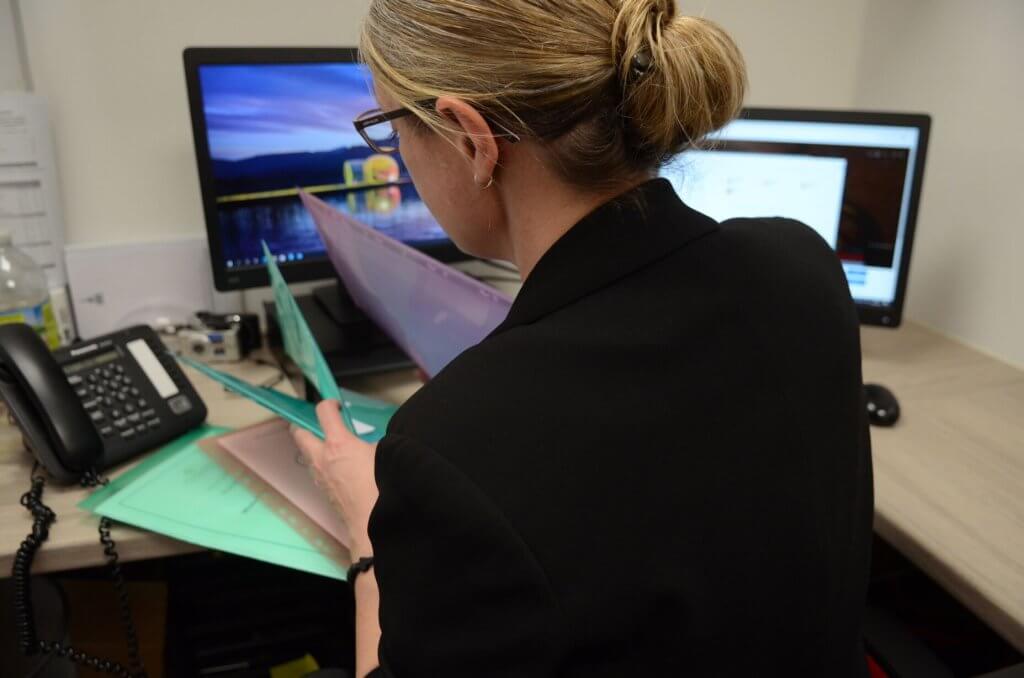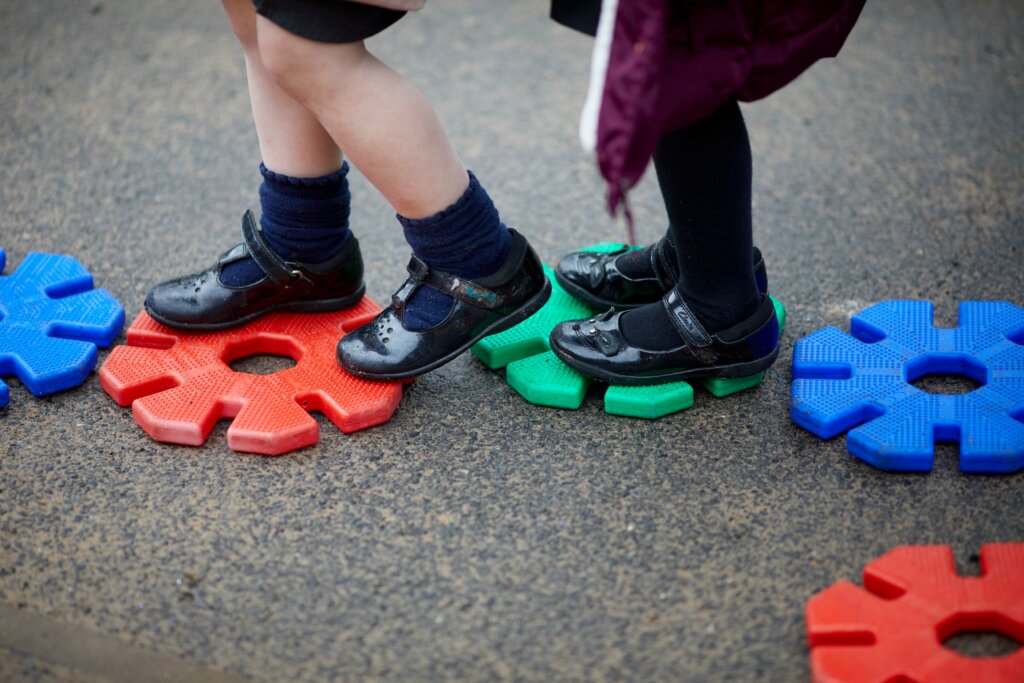In the realm of education, every pupil deserves an opportunity to thrive, both academically and emotionally. However, for some pupils, school can become a source of overwhelming anxiety, leading to what is known as Emotional Barriers to School Attendance (EBSA). One Education’s Creative Psychotherapies in Education Team recognises the unique challenges these students face and offers a compassionate and creative approach to support them.
The Power of Creative Psychotherapy for Students with EBSA
Creative psychotherapies provide an avenue for students to navigate their emotional landscapes, allowing for healing and growth. Here are some key benefits of implementing these therapeutic interventions in schools:
1. Emotional Expression and Regulation
Creative mediums such as art, music, and drama serve as powerful tools for emotional expression. For pupils grappling with complex feelings of anxiety and fear surrounding school, these therapies can facilitate a healthier way to express their emotions. By engaging in creative activities, they learn to articulate feelings that may be overwhelming or confusing, enhancing their ability to regulate those feelings effectively.
2. Building Trust and Safety
Many students facing EBSA experience a profound sense of disconnection from their school environment. Creative therapies play a pivotal role in establishing trusting relationships between students and therapists, creating a safe space for exploration and dialogue. When learners feel supported and understood, they are better positioned to overcome avoidance behaviors and re-engage with their educational journey.
3. Non-Verbal Communication
Speaking about anxieties can be a daunting task for many pupils. Creative therapies enable non-verbal communication through art, movement, and music, offering alternative means of expression. This non-verbal approach can help therapists and educators gain insight into the underlying issues contributing to school avoidance, ultimately fostering a deeper understanding and connection.
4. Improving Self-Esteem and Confidence
Participating in creative activities can have a transformative impact on a pupils’ self-esteem. By experiencing success and achievement through creative outlets, pupils often build greater confidence, encouraging them to reconnect with their peers and school life. This renewed sense of self-worth is essential for overcoming the barriers posed by EBSA.
5. Collaborative Approach with Schools
One Education’s Creative Psychotherapies Team emphasizes collaboration with school staff to ensure that therapeutic interventions align with the emotional and educational needs of the student. By working closely with teachers and school counselors, the therapy team can tailor their approaches to complement existing support structures, creating a holistic strategy for addressing EBSA.
Tailored Interventions for Unique Needs
Recognising that every case of EBSA is unique, One Education’s team takes an individualised approach to therapy. Each student undergoes a comprehensive assessment, allowing for personalised interventions that may include:
- Individual Therapy Sessions: These sessions focus on the emotional hurdles that prevent the child from attending school, offering a supportive environment to process feelings and develop coping strategies.
- Group Workshops: Group sessions encourage collaboration among students, helping to reduce feelings of isolation and foster peer connections—an essential component in overcoming school avoidance.
- Parent and Staff Support: The therapy team provides valuable guidance to parents and school staff, equipping them with strategies to support the child effectively in both home and school settings. This collaborative effort helps cultivate a nurturing and understanding school culture that is conducive to healing and growth.
Conclusion
One Education’s Creative Psychotherapies in Education Team is dedicated to supporting students with EBSA through compassionate and tailored therapeutic interventions. By prioritizing emotional expression, building trust, and fostering collaboration, schools can create a supportive environment that encourages students to re-engage with their education. As these students embark on their journey to thrive academically and emotionally, the integration of creative psychotherapies offers a beacon of hope and a pathway toward a brighter future.
Please complete the form below and we will get in contact as soon as we can to help you with your query.
















